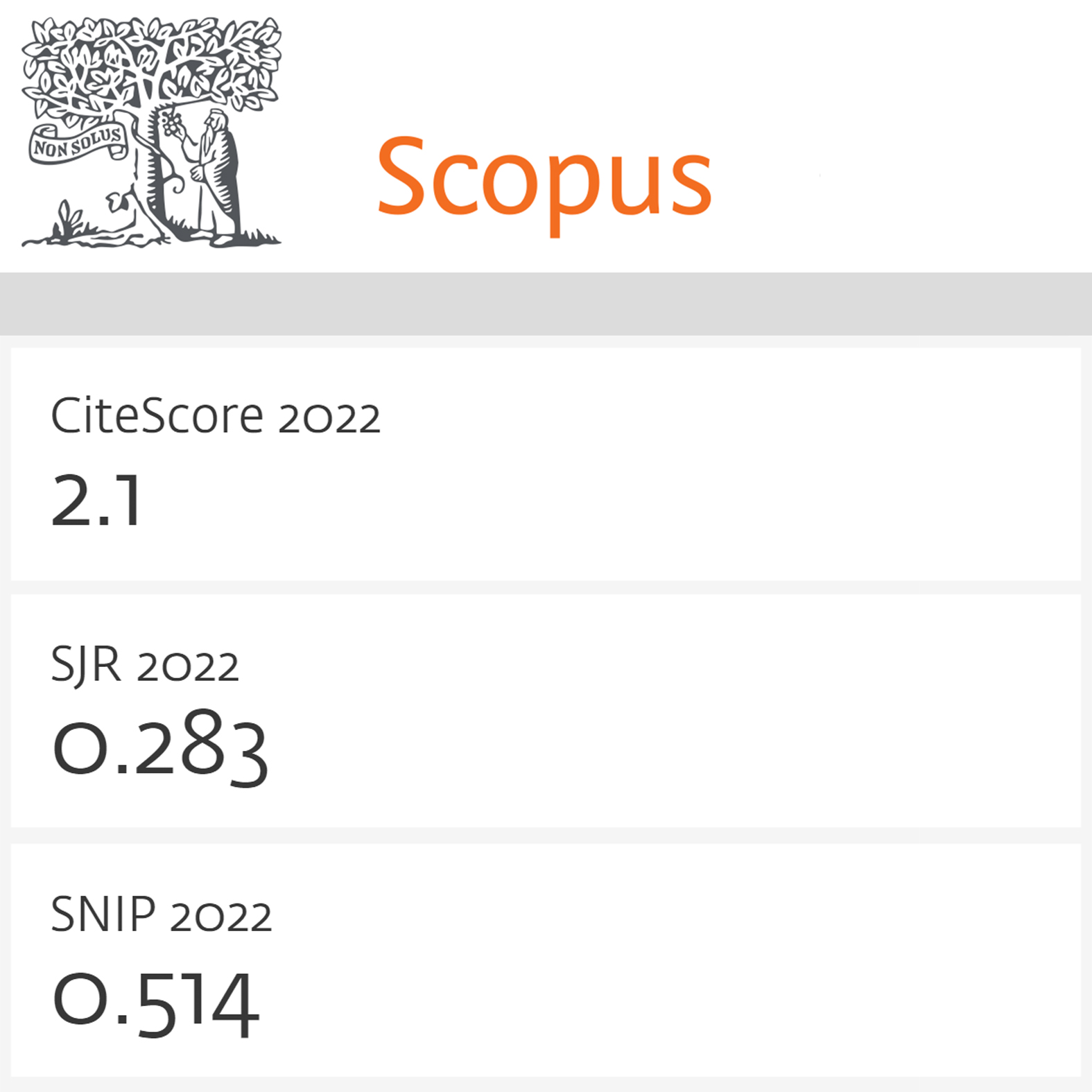Content optimization of the development of multiproject of a shipping company
DOI:
https://doi.org/10.15587/1729-4061.2020.199477Keywords:
economic-mathematical model of multi-project content optimization, development of shipping company, strategic planningAbstract
An economic-mathematical model of content optimization of the development multi-project of the project-oriented enterprise in a general form is proposed. The developed economic-mathematical model of multi-project content optimization allows creating a development multi-project taking into account the specifics of the activity, resources and capabilities of the company.
It is shown that the current situation requires new methods in managing problem areas of the economy. The issue of attracting and distributing resources is particularly relevant for shipping companies.
The economic-mathematical model of content optimization of the development multi-project of a shipping company is experimentally investigated. It is shown that the connection between projects in the development multi-project of the shipping enterprise is implemented through resources and strategic goals.
The connections between development projects are investigated. The relationship between projects within the framework of the development multi-project of the shipping company in such areas as: resource restrictions, restrictions at the level of goals, restrictions at the organization level is considered. The presented economic-mathematical model of content optimization of the development multi-project of the shipping company allows determining strategic goals in the long period, evaluating the resources needed to achieve them, and determining the sources of their replenishment. The economic-mathematical model makes it possible to take into account not only resource limitations, but also the compliance of the results of the multi-project with the strategic goals of the company.
The optimal content of the development multi-project of the shipping company is obtained for a given level of the company’s ability to finance projects in the current period; and the company’s ability to finance projects as part of the multi-project throughout the entire life cycle.
The presented approach to the formation of the development multi-project of the shipping company allows achieving the strategic goals of the company in the unity of the project, multi-project and portfolio of the enterpriseReferences
- Sandru, M., Pirnea, I. C., Purcarea, A., Surugiu, I., Schmid, J. (2015). Study on the Multi-Project Management Practices for Complex Investments. Amfiteatru Economic, 17 (9), 1314–1330
- Li, X. B., Nie, M., Yang, G. H., Wang, X. (2017). The Study of Multi-Project Resource Management Method Suitable for Research Institutes from Application Perspective. Procedia Engineering, 174, 155–160. doi: https://doi.org/10.1016/j.proeng.2017.01.191
- Burkova, V. N., Korginab, N. A., Novikov, D. A. (2016). Problems of integration and decomposition of organizational-technical systems' control mechanisms. Problemy upravleniya, 5, 14–23.
- Bushuev, S. D., Bushueva, N. S. (2006). Development project management maturity for the fast growing innovative company in turbulence environment – Ukrainian case. The preceding of 20 IPMA World Congress on Project Management, Vol. 2. Shanghai, China, 559–563.
- Hiroshi Tanaka. (2011). Multi Project Management (MPM) at Project-based Companies: Theoretical Models and the Case of the Maritime. Annual International Conference, 29.
- Tosselli, L., Bogado, V., Martínez, E. (2017). An agent-based simulation model using decoupled learning rules to (re)schedule multiple projects. XXIII Congreso Argentino de Ciencias de la Computación, 33–42.
- Jedrzejowicz, P., Ratajczak-Ropel, E. (2018). A-Team Solving Distributed Resource-Constrained Multi-project Scheduling Problem. Lecture Notes in Computer Science, 243–253. doi: https://doi.org/10.1007/978-3-319-98446-9_23
- Onyshсhenko, S., Bondar, A., Andrievska, V., Sudnyk, N., Lohinov, O. (2019). Constructing and exploring the model to form the road map of enterprise development. Eastern-European Journal of Enterprise Technologies, 5 (3 (101)), 33–42. doi: https://doi.org/10.15587/1729-4061.2019.179185
- Madar, A., Neacşu, N. A. (2016). Quality management in shipping. Case study: Maersk Line Denmark. Bulletin of the Transilvania University of Brasov. Series V: Economic Sciences, 9 (1), 139–148.
- Park, K.-S., Seo, Y.-J., Kim, A.-R., Ha, M.-H. (2018). Ship Acquisition of Shipping Companies by Sale & Purchase Activities for Sustainable Growth: Exploratory Fuzzy-AHP Application. Sustainability, 10 (6), 1763. doi: https://doi.org/10.3390/su10061763
- The standard for portfolio management (2017). Newtown Square: Project Management Institute, 127.
- A Guide to the Project Management Body of Knowledge PMBOK (2017). Project Management Institute, 726.
- Lapkina, I. O., Prykhno, Y. E. (2015). Multiproject management in companies’ development (on example of shipping companies). Project Management World Journal.
Downloads
Published
How to Cite
Issue
Section
License
Copyright (c) 2020 Inna Lapkina, Yuliya Prykhno, Oleksandr Lapkin

This work is licensed under a Creative Commons Attribution 4.0 International License.
The consolidation and conditions for the transfer of copyright (identification of authorship) is carried out in the License Agreement. In particular, the authors reserve the right to the authorship of their manuscript and transfer the first publication of this work to the journal under the terms of the Creative Commons CC BY license. At the same time, they have the right to conclude on their own additional agreements concerning the non-exclusive distribution of the work in the form in which it was published by this journal, but provided that the link to the first publication of the article in this journal is preserved.
A license agreement is a document in which the author warrants that he/she owns all copyright for the work (manuscript, article, etc.).
The authors, signing the License Agreement with TECHNOLOGY CENTER PC, have all rights to the further use of their work, provided that they link to our edition in which the work was published.
According to the terms of the License Agreement, the Publisher TECHNOLOGY CENTER PC does not take away your copyrights and receives permission from the authors to use and dissemination of the publication through the world's scientific resources (own electronic resources, scientometric databases, repositories, libraries, etc.).
In the absence of a signed License Agreement or in the absence of this agreement of identifiers allowing to identify the identity of the author, the editors have no right to work with the manuscript.
It is important to remember that there is another type of agreement between authors and publishers – when copyright is transferred from the authors to the publisher. In this case, the authors lose ownership of their work and may not use it in any way.









